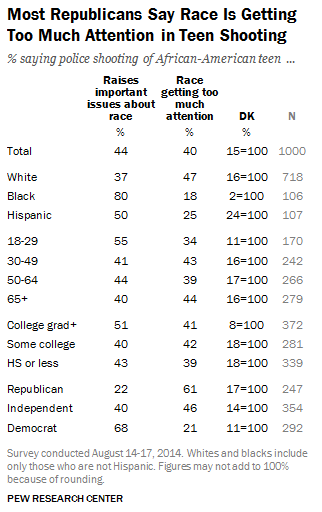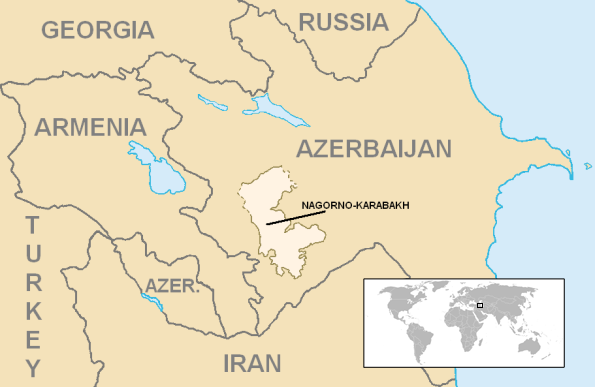Got the following via email from an Ely Karmon. Met Ely in 2010 at a counter-terrorism seminar. The interesting thing to me is that Israeli leaders do seem to be willing to find a ceasefire solution. Ely, as you will read below, thinks the only long-term full solution is one that is unworkable because of the high costs associated with the action (both human and political). So, Ely sensibly lays out from an Israeli perspective what Egypt can/should do to help make things work. For my two cents, this piece is a good start for thinking about the issue from the Israeli view. No bones about it, this is an Israeli view, not a Palestinian view, and certainly not a Hamas view. The bigger problem may just be that Hamas and the Palestinian Authority have not really worked out the details of governing Gaza.
---------------------------------------------------
At this hour, July 15 16:00, after Israel accepted the proposed ceasefire agreement brokered by Egypt and hold fire since 9 am, Hamas rejected it and poured heavy rocket fire on South, Central and even northern Israel.
Therefore Israel decided at 14:00 to resume the aerial attacks against Hamas.
See below my analysis of the Egyptian brokered agreement and the elements it should include in order to change the done in the Gaza Strip.
In any scenario, Egypt is and will remain the most important regional actor and it will impact on the outcome of the present conflict.
In an interview on July 10th I argued that:
The overall solution to the problem of Hamas’ aggression is to conquer the entire Gaza Strip or a large part of it, go from house to house, find and destroy all the rockets and heavy weapons held by all of the terrorist organizations operating in the Gaza Strip.
However, I do not see Israel performing now such a move because of the anticipated major harm to the people of Gaza and to the Israeli soldiers and because of the harsh criticism and pressure sure to arrive from the international community after Israel will be forced to control for months and even longer a territory suffering huge from economic, social and political problems.
I expressed my opinion that the Palestinian Authority, led by Abu Mazen, along with Egypt, must take over Gaza. The Palestinian Authority should be accorded a foothold in Gaza, where Israel's role is to provide ease of the blockade, more freedom to the economic activity in the Strip and freedom of movement. One must remember that Fatah still has hundreds of thousands of supporters in Gaza who are oppressed by Hamas and that there is an underground Tamarod movement, similar to the movement that helped General Sisi topple the Muslim Brotherhood in Egypt in July 2013.
Israel cannot occupy Gaza and transfer it to Abu Mazen as then he will be considered a traitor to his people.
The ceasefire agreement sponsored by Egypt – July 15. 2014
If indeed the ceasefire agreement brokered by Egypt will be accepted by Hamas, and the Islamic Jihad which is operating to a certain extent in coordination with Iran, it is imperative that it include a number of essential elements:
- Immediate deployment of the Palestinian Authority’s security forces along the Gaza/Egypt border and taking control of the Rafah crossing;
- A clause stating that the Palestinian Authority will gradually regain control of the Gaza Strip;
- No tunnels will be opened through the Egyptian border and Egypt will be responsible for preventing weapons smuggling, alongside the Palestinian Authority, possibly while updating Israel on significant violations;
- A clause on international supervision over the rocket arsenal in Gaza;
- No Hamas members, released in the Gilad Shalit agreement, who were arrested lately in the West Bank, will be released if they did not comply with their release agreement;
- The political detainees from the last operation in the West Bank will be released;
- Israel must announce a cessation of construction in the settlements for a period of one year to improve the political atmosphere in the West Bank and allow a return to peace negotiations, even if they do not achieve immediate results;
- Israel will have to agree to significant reliefs in the transfer of goods to and from Gaza and use its influence in the West to provide generous economic and humanitarian aid;
- Egypt will use its influence with Saudi Arabia and the Gulf states to provide extensive economic aid to the Palestinian Authority as the one responsible for the rebuilding of the Strip;
- Qatar will not be given primacy in this area because of its destructive role in helping radical Islamist parties across the Arab world.
Egypt’s role is crucial in the pressure on Hamas to accept this agreement and implement it.
It is clear to all that Egypt has a supreme political and security interest in weakening Hamas: currently, in the trial of former President Morsi and other leaders of the Muslim Brotherhood who are charged, among other things, of escaping from prison during the first days of the revolution, Hamas is accused of providing assistance to said escape (in parenthesis, during the court hearings Morsi called out slogans from his cell supporting Palestine).
Egypt, in addition to the destruction of tunnels, prevented in recent days smuggling of rockets from Gaza intended for firing against Israel, while at the same time, rockets were fired in the Sinai against the Egyptian security forces.
If such an agreement will come to be, one should take into account that on the propaganda and political level part of the Palestinian and Arab public opinion may perceive Hamas as the winner in the present conflict, due to its success staging massive rocket attacks towards most of Israel without suffering heavy casualties among its military/terrorist ranks and its political leaders.
This can express itself in the results of future elections in the Palestinian Authority, if such elections take place.
It will be interesting to follow the struggle between Hamas’ military wing and the political wing regarding the acceptance of the agreement terms.
It is also interesting if the Palestinian Islamic Jihad (PIJ) will reject the agreement even if accepted by Hamas, serving thus the interests of its Iranians sponsors.
It is probable that Salafi and Jihadi organizations in the region (Syria, Iraq,Yemen) will also be affected by Hamas’ success, as perceived by them, and they too will try to acquire rockets to further their goals or deter the countries fighting them.
Ely Karmon, PhD
Senior Research Scholar
International Institute for Counter-Terrorism (ICT) and
The Institute for Policy and Strategy (IPS) at
The Interdisciplinary Center (IDC(
Herzlyia, Israel






